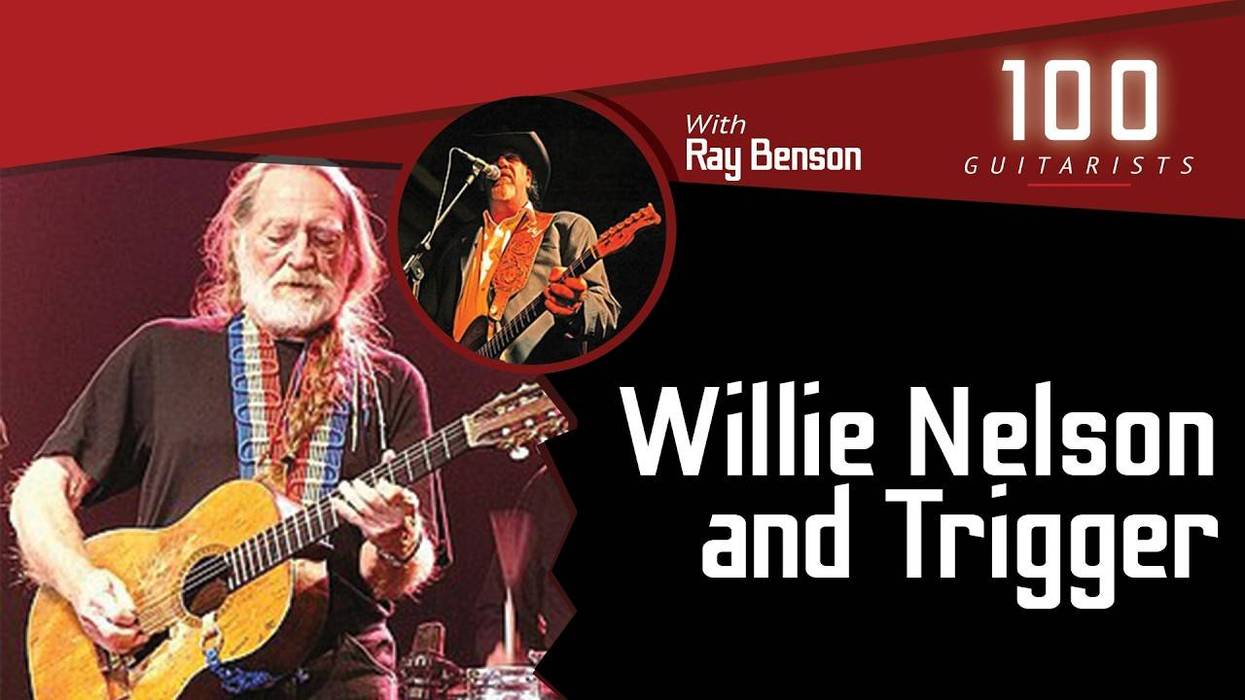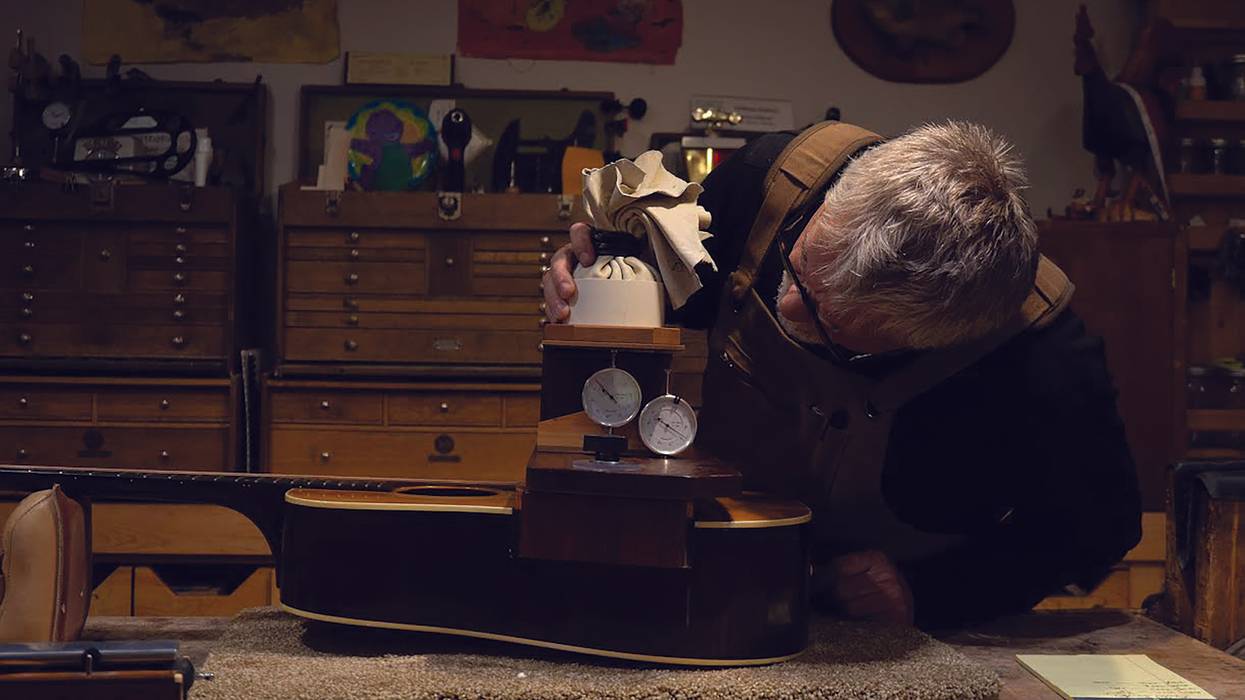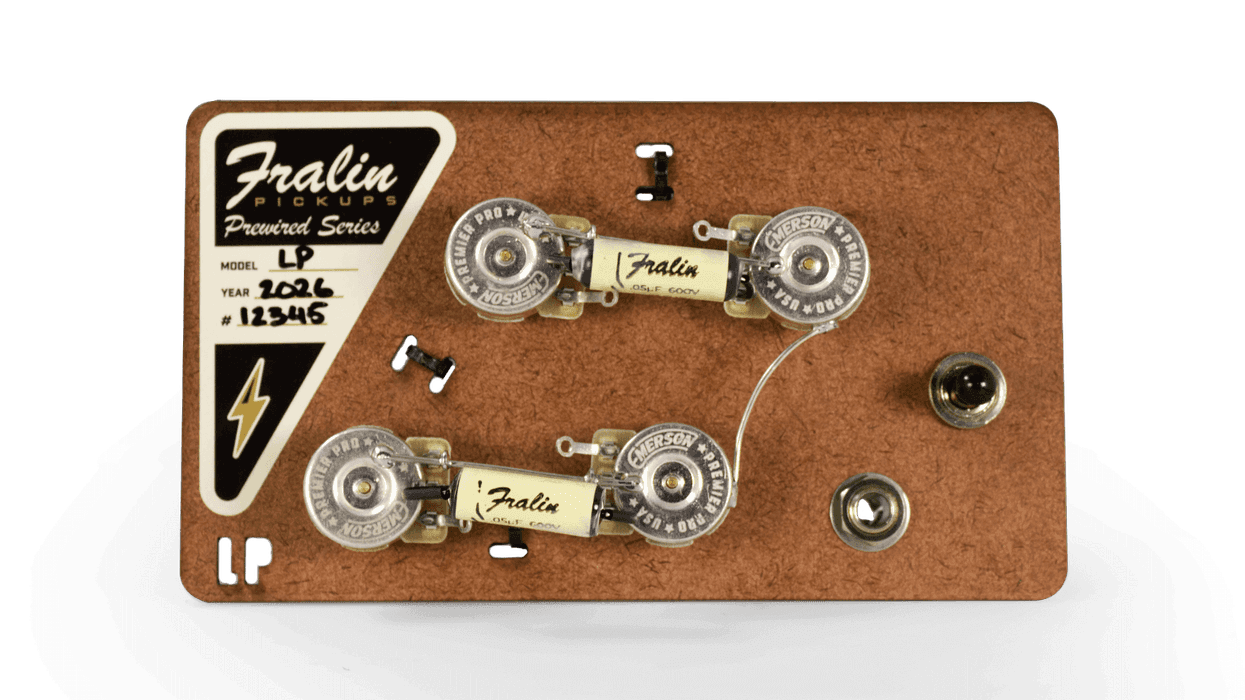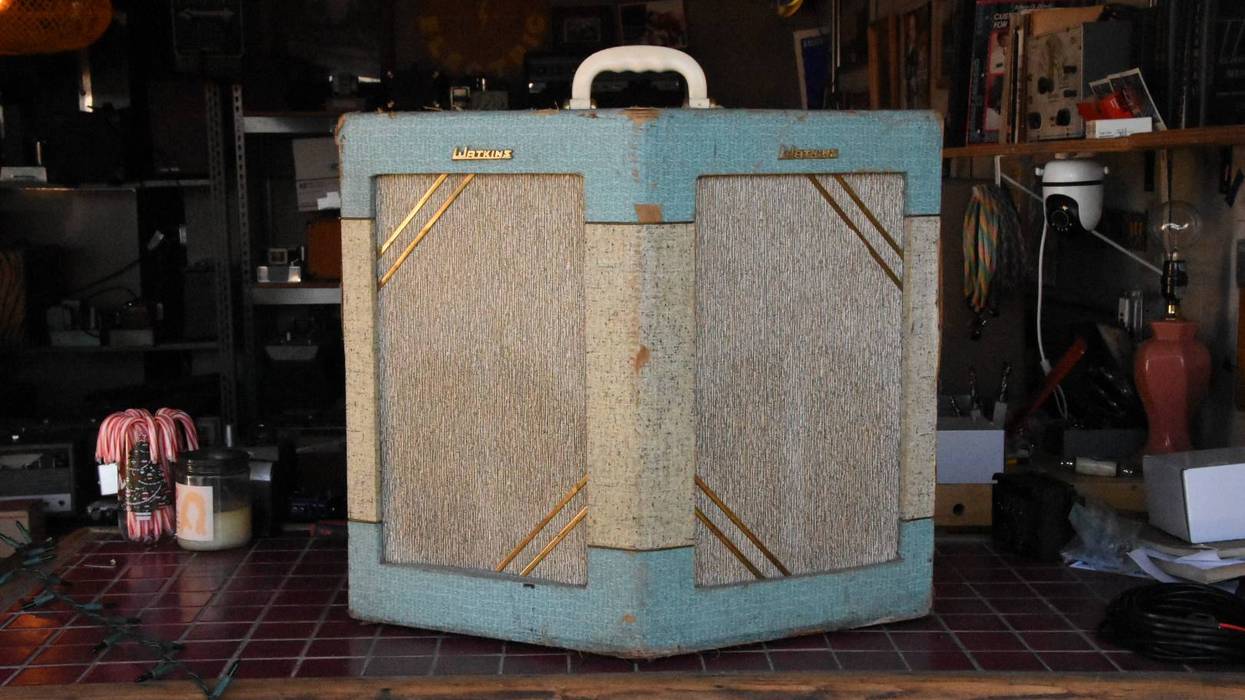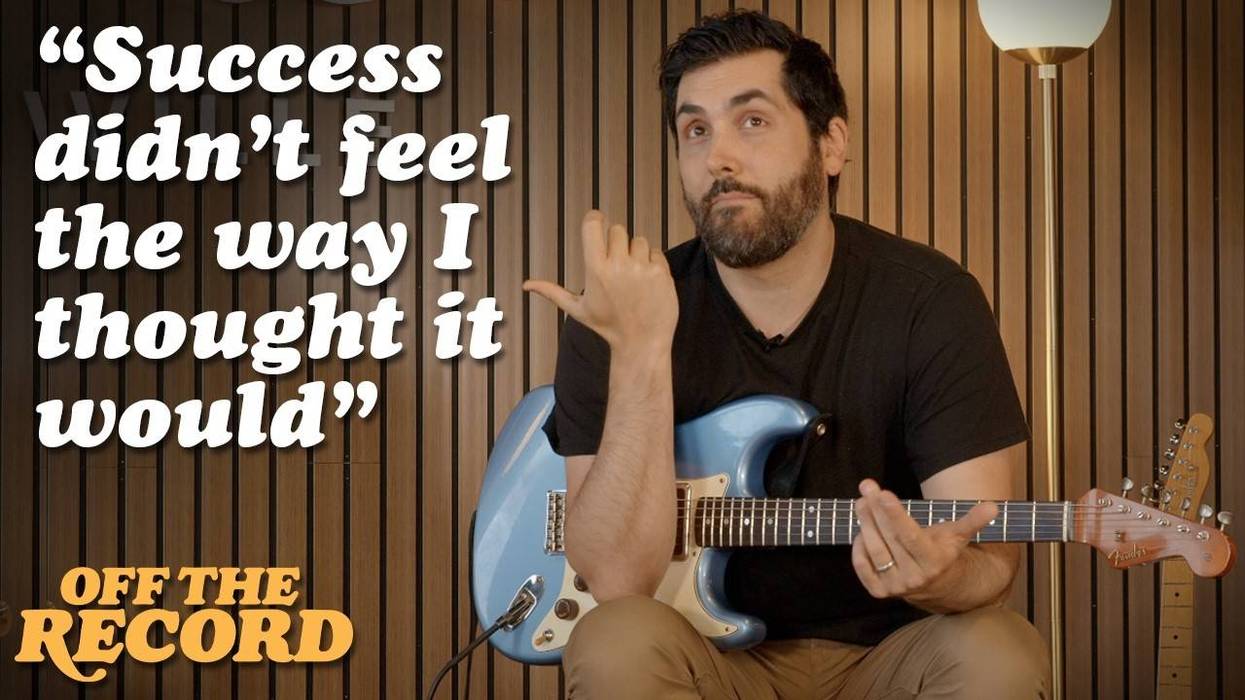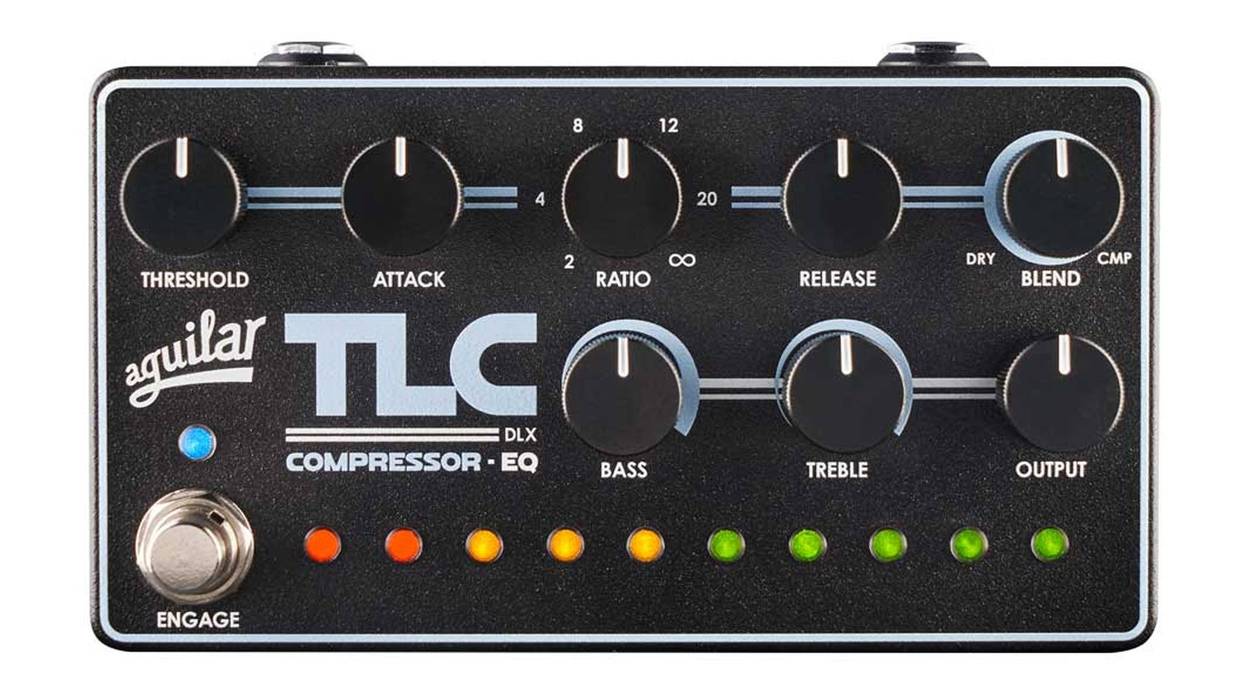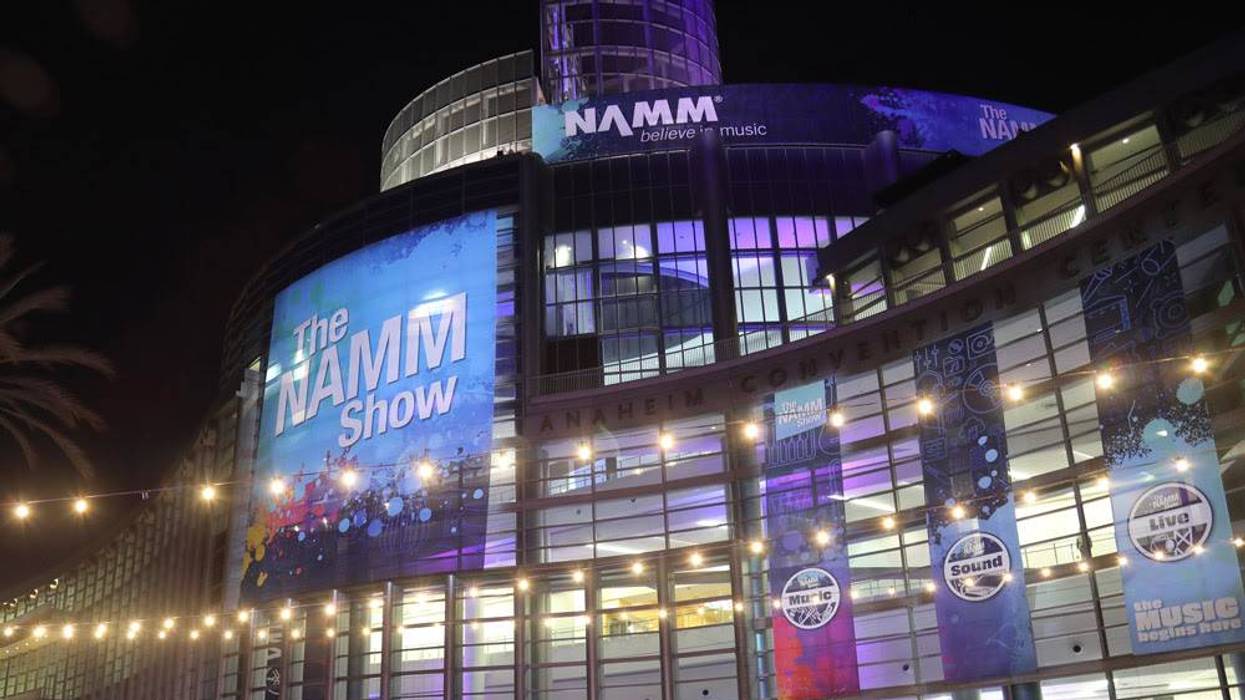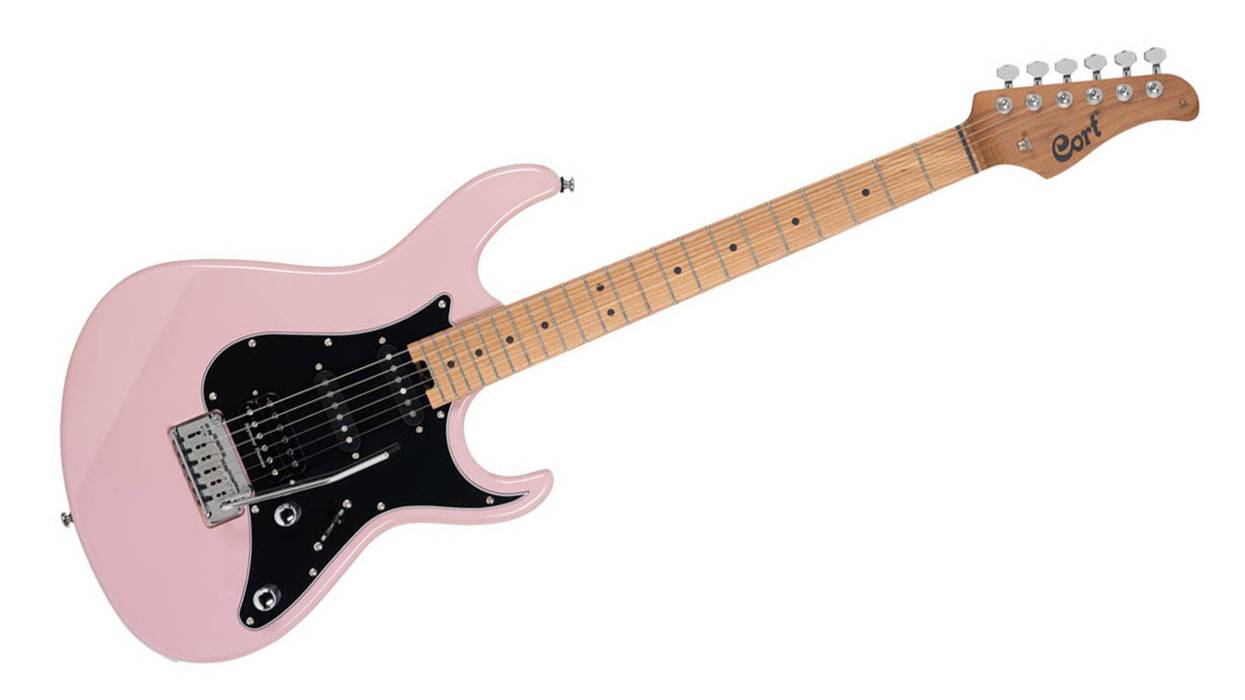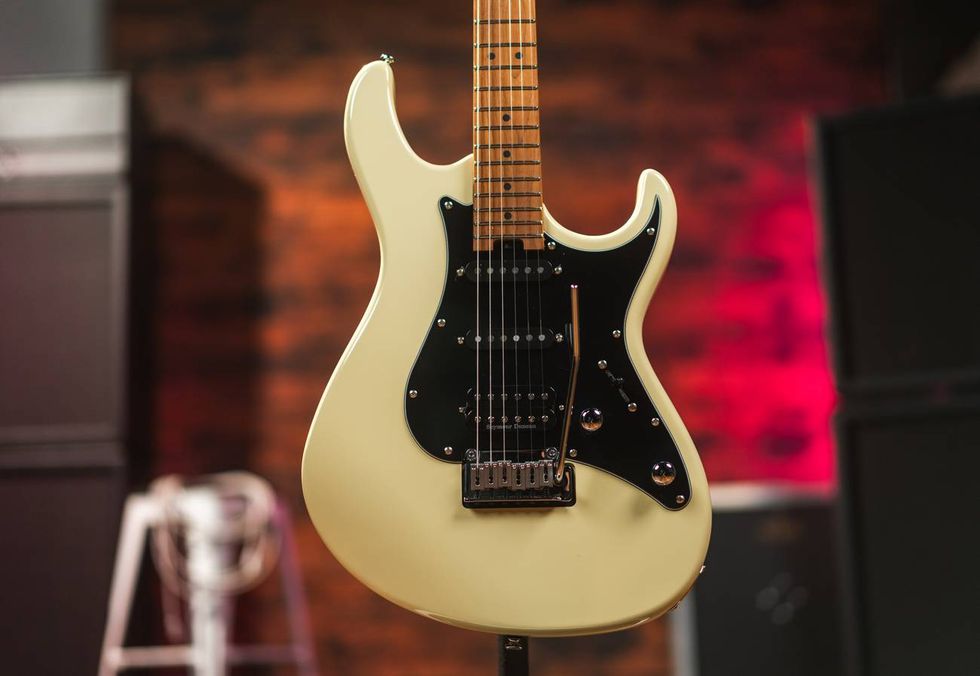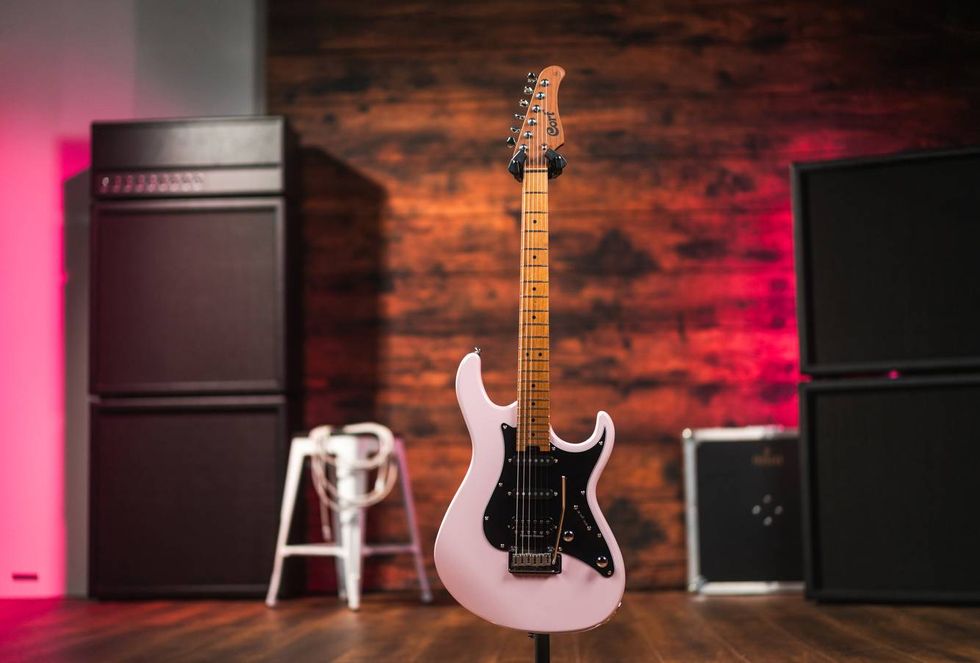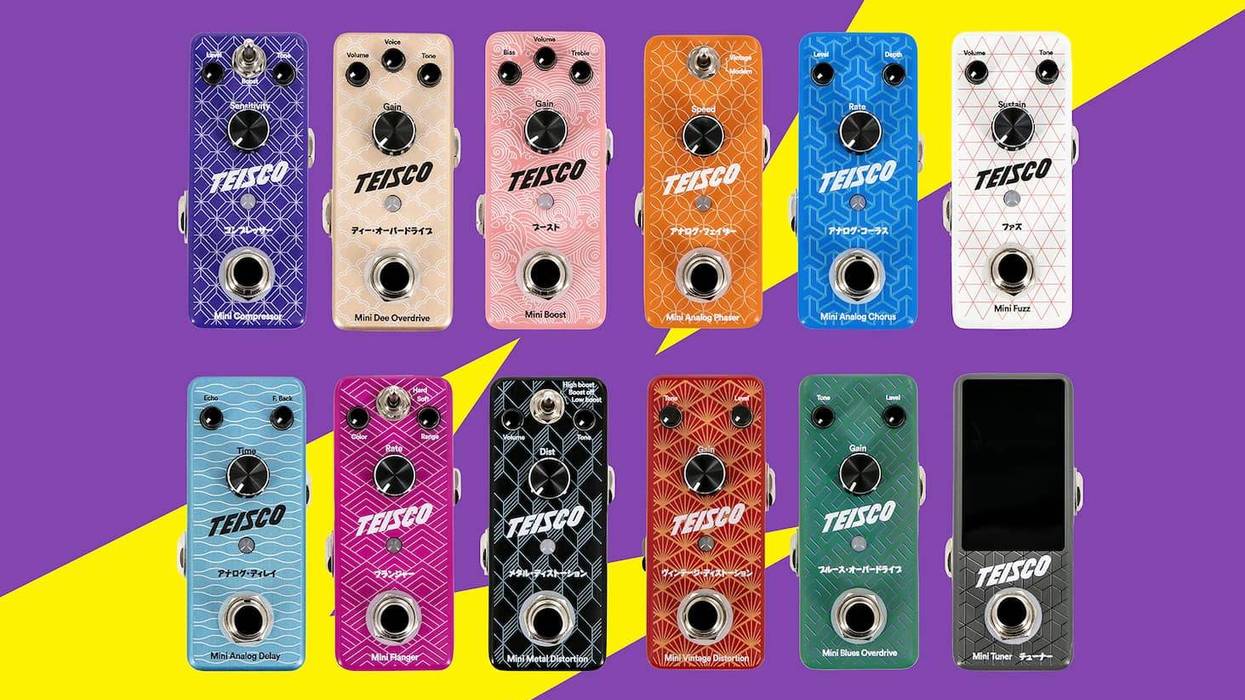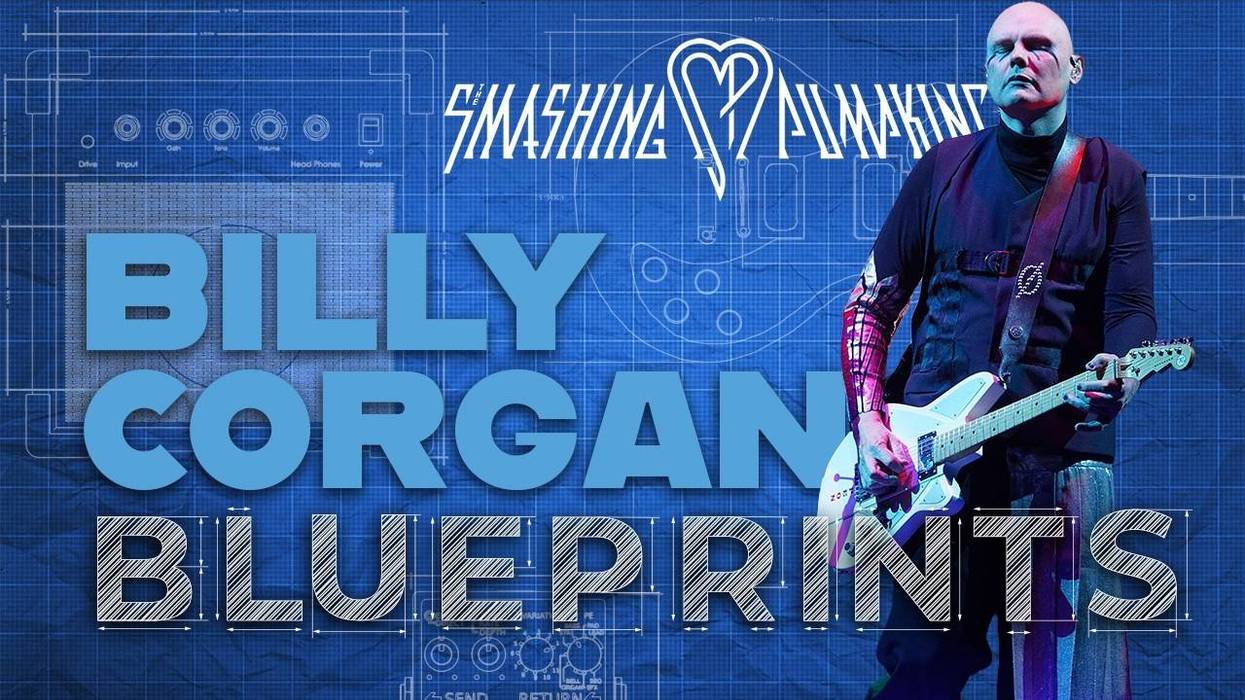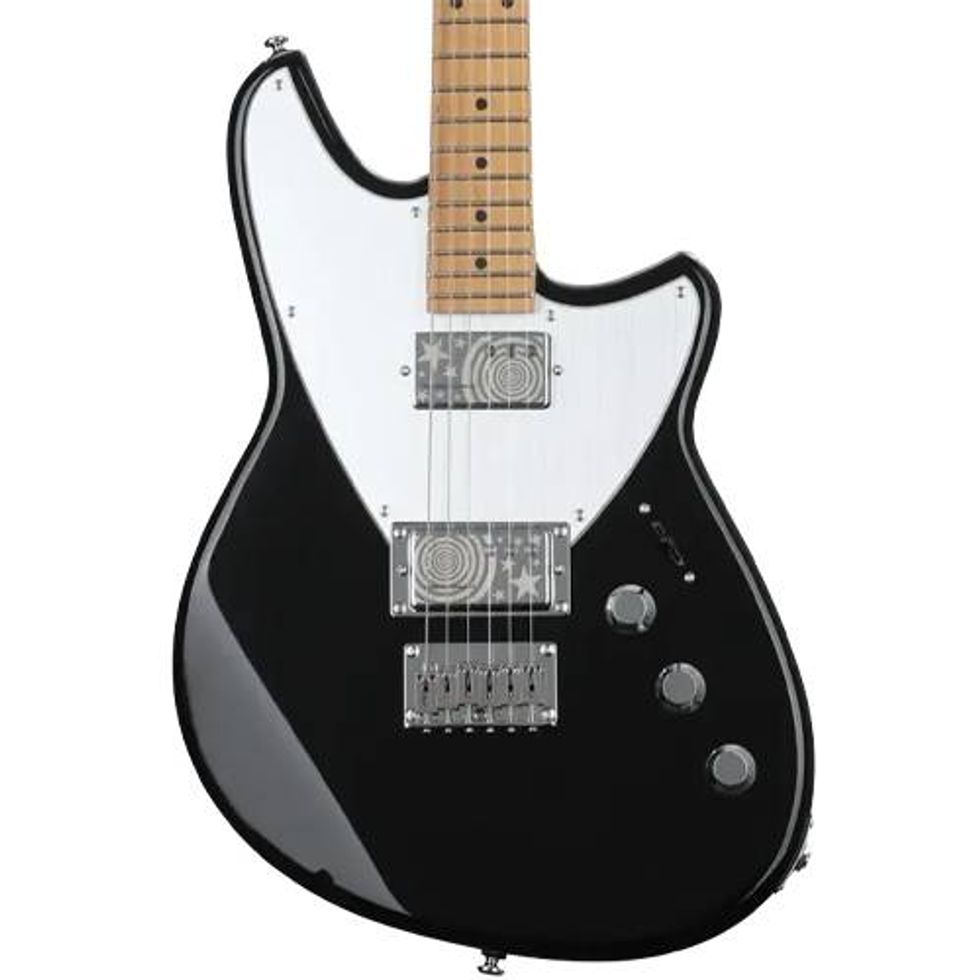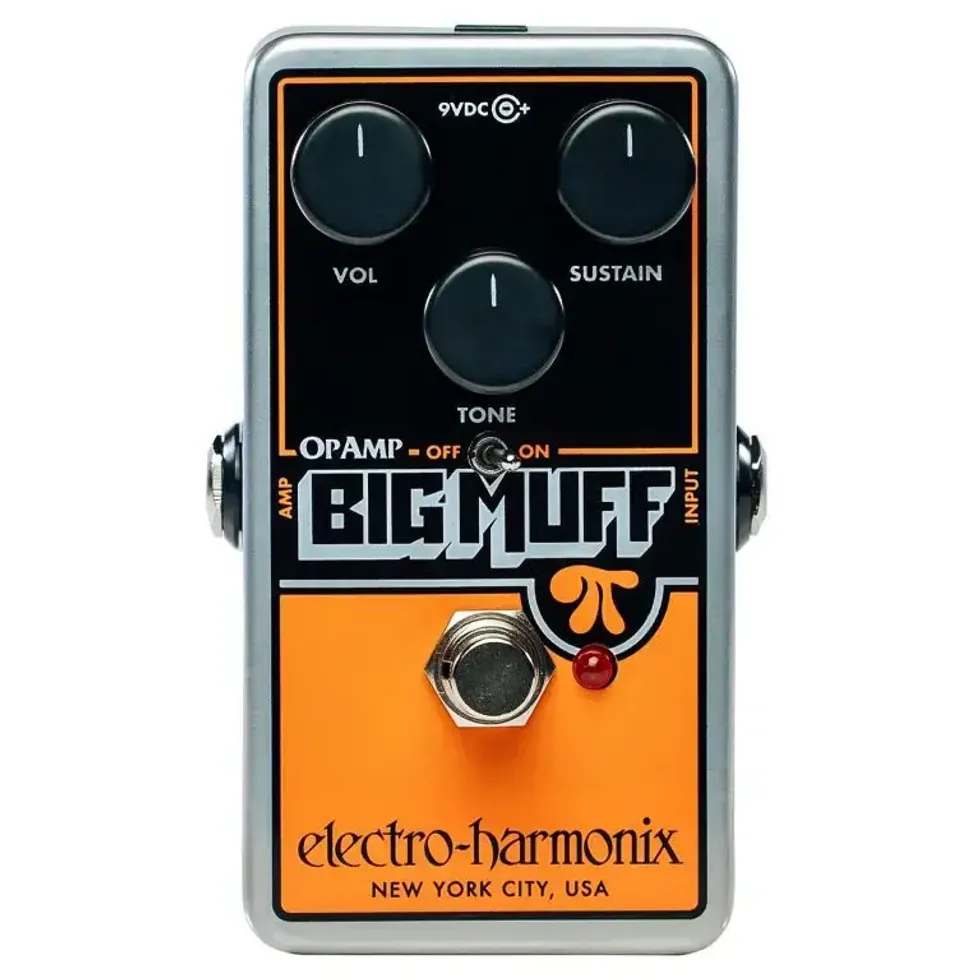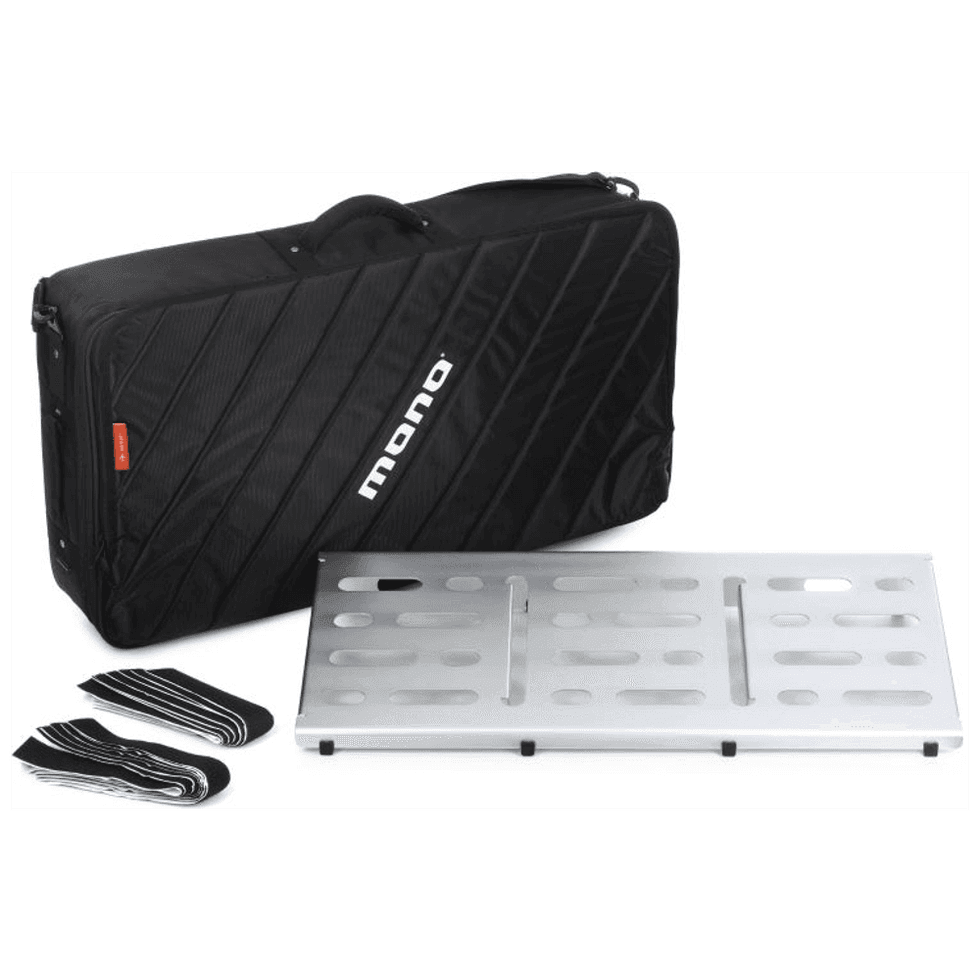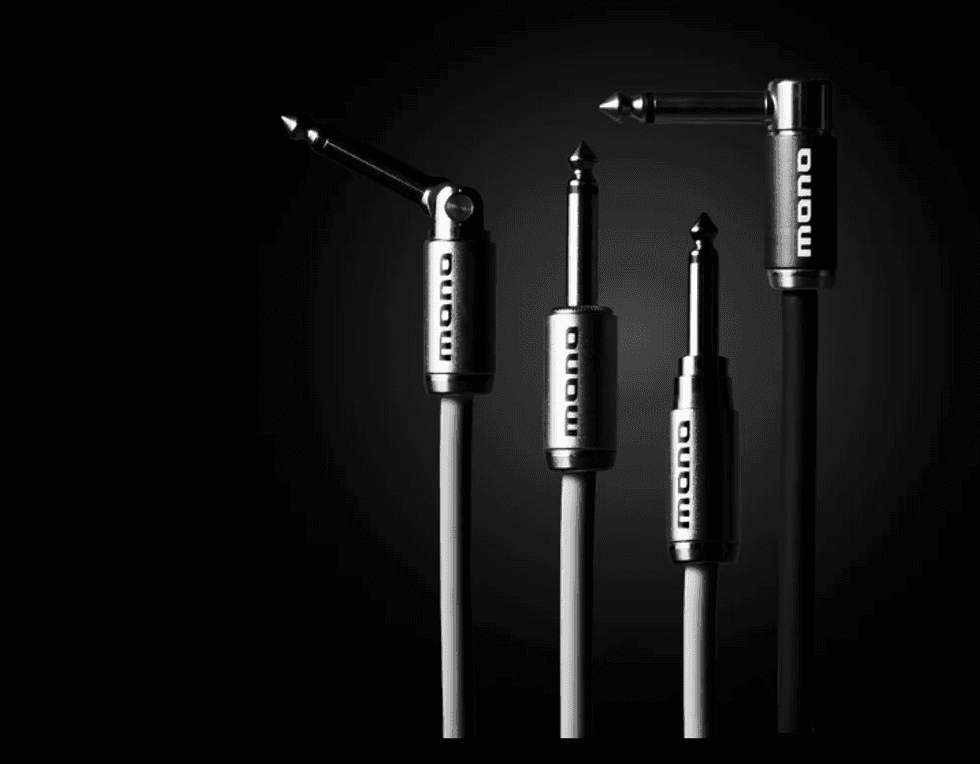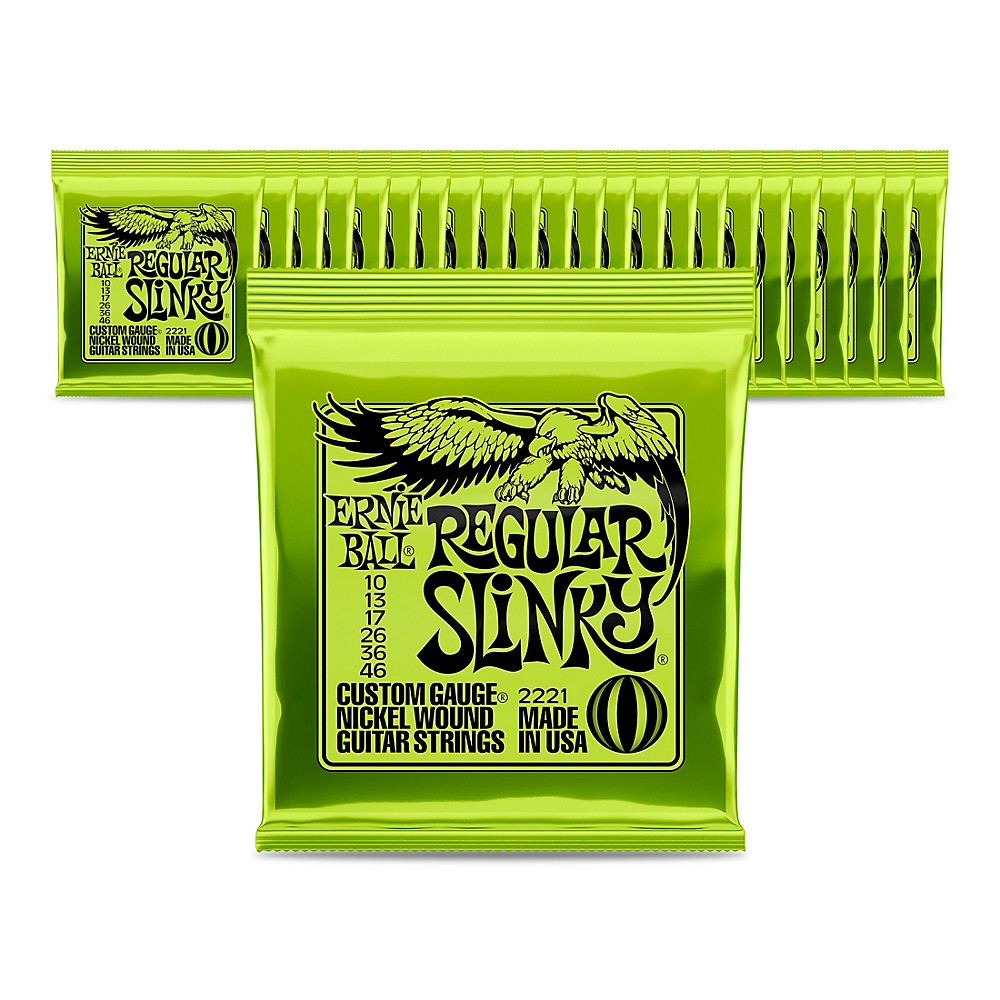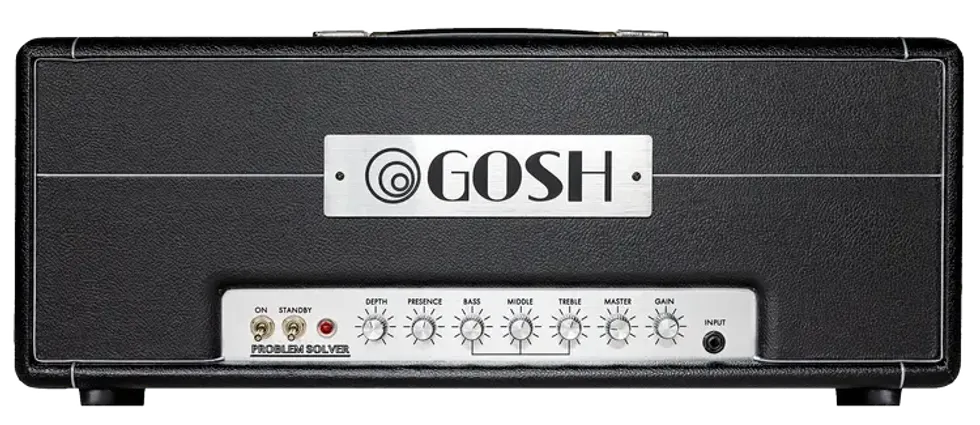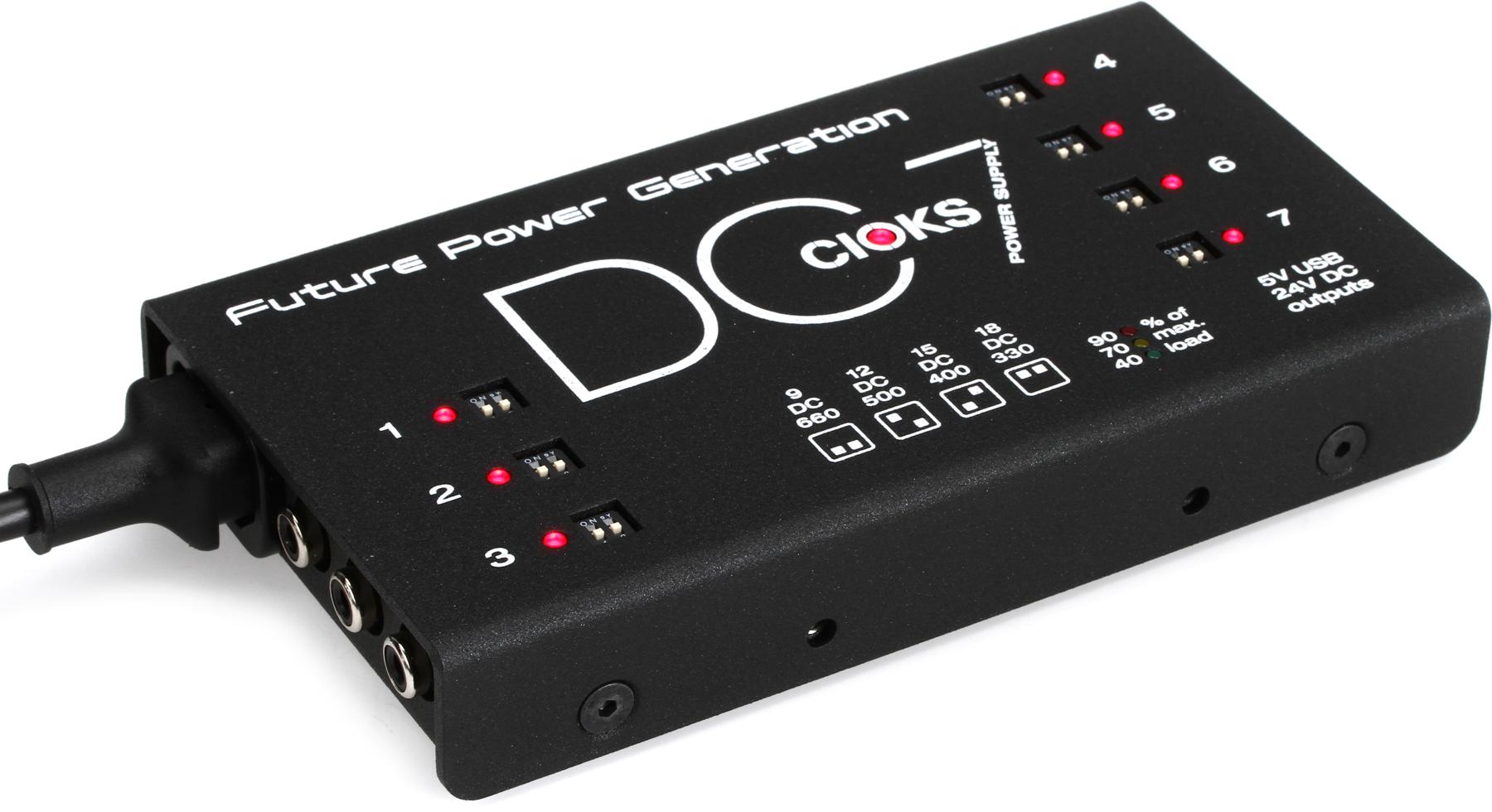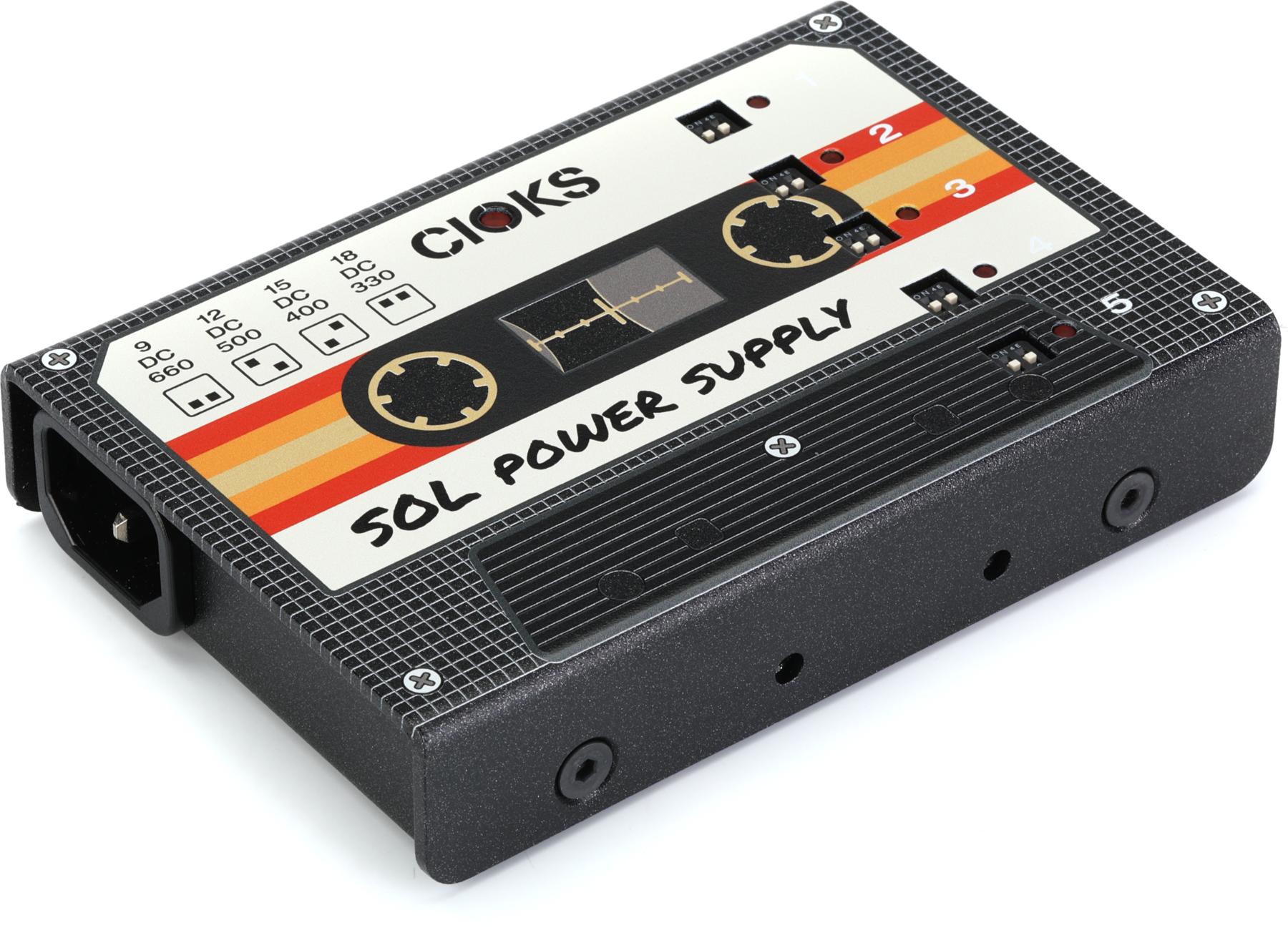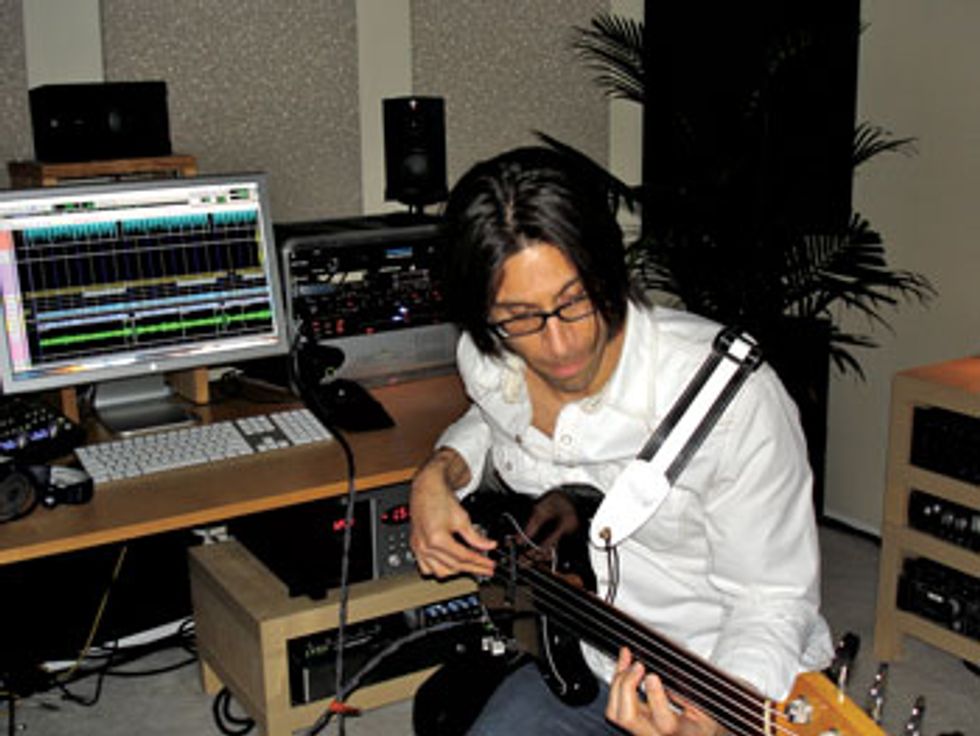
Be prepared like fretless bassist Joe Capozio.
Do it right or don’t do it at all. We all know there’s a lot of truth to that saying, so why is it that some people don’t take the time to actually do things right? I bring this up because in the past week alone, I was on three separate sessions where the musicians I was recording were not prepared to work. This got me so mad, I decided to review “session etiquette” with the goal of making life better for you and those you record with. While some of the following may be obvious, these simple ideas can help you achieve better tracks and a more rewarding end result.
Be prepared. Okay, you knew I would say that. But wow, in all three sessions I did, none of the musicians were ready to go! If you’re coming to my studio to cut a part, listen to the song before you arrive. How much is that to ask? It will make the overall flow of the session go much smoother than if you require time to learn your part on the spot while I keep looping the track. Plus, you’re pissing off the producer (me) and engineer (me).
On the second session, I was cutting guitars for a drummer with a home studio. When I arrived, he hadn’t yet bothered checking that the lines on his drums were all hooked up correctly. So the tracks were all over the place, and it took an hour and a half of me dialing in his rig before we even dropped a note. While we got everything done, it was a vibe crusher to arrive ready to play and then realize the equipment wasn’t set up. When clients arrive at my studio, I have every mic, DI box, and line checked ahead of time. They literally walk in, say hello, get some levels, and we’re ready to go. I call that my “no thinking” strategy. I don’t want musicians to think about the part or the process, I just want them to do it.
Have your headphone mixes ready. This directly relates to the point above. When the client is ready to go, so am I. I’ve already checked the headphone levels before they arrive, and I’ve got extra extension cables ready in case they want to move around. I even have several different headphones available, if they’re not comfortable with the ones I’ve initially given them.
Show up on time. Pros get to a session early. Don’t come 45 minutes late (which happened this week). If you’re going to be late, have the courtesy to call. It shows respect and is the right thing to do. The engineer’s time is valuable and so is yours. So don’t waste it by showing up late (unless, of course, there’s a valid reason).
Have backup gear ready. As mentioned above, I always have extra headphones on hand in case a set goes down. I make sure to have extra mic cables, stands, picks, strings, capos, slides, guitar stands, hard drives, speakers—even full recording systems. For example, I’ve run Pro Tools LE sessions on my laptop when my HD rig was bugging out, and that backup laptop rig has saved my butt a few times. If something can break, it will—at the most inopportune time.
Use templates. Many of you produce and record in your own studios. When someone comes in to play, it helps to have session templates—setups with tracks and mixer channels correctly configured in your recording software—ready to grab those spur-of-the-moment creative ideas. This especially applies to us guitar players when the amp sounds just right and the vibe is all there. You want to capture as much of that sound as possible. So I’ll have session templates ready with drum loops, effects, busses and sends. Again, no thinking allowed.
Warm up in advance. If possible, spend a few minutes playing your instrument before you arrive at a session. Again, while this may seem obvious, you don’t want to get there with stiff fingers and spend a half hour defrosting them. Besides, if you’ve already been ’shedding that day, you’ll play better on the session. And that, of course, will lead to more work for you.
By being fully prepared, you show that you’re a professional. You show that you care about yourself and the work you’re about to do. You demonstrate respect for those who you’re working with. It’s not that hard to do it right. But after all the seriousness, always have fun—it’s music after all!
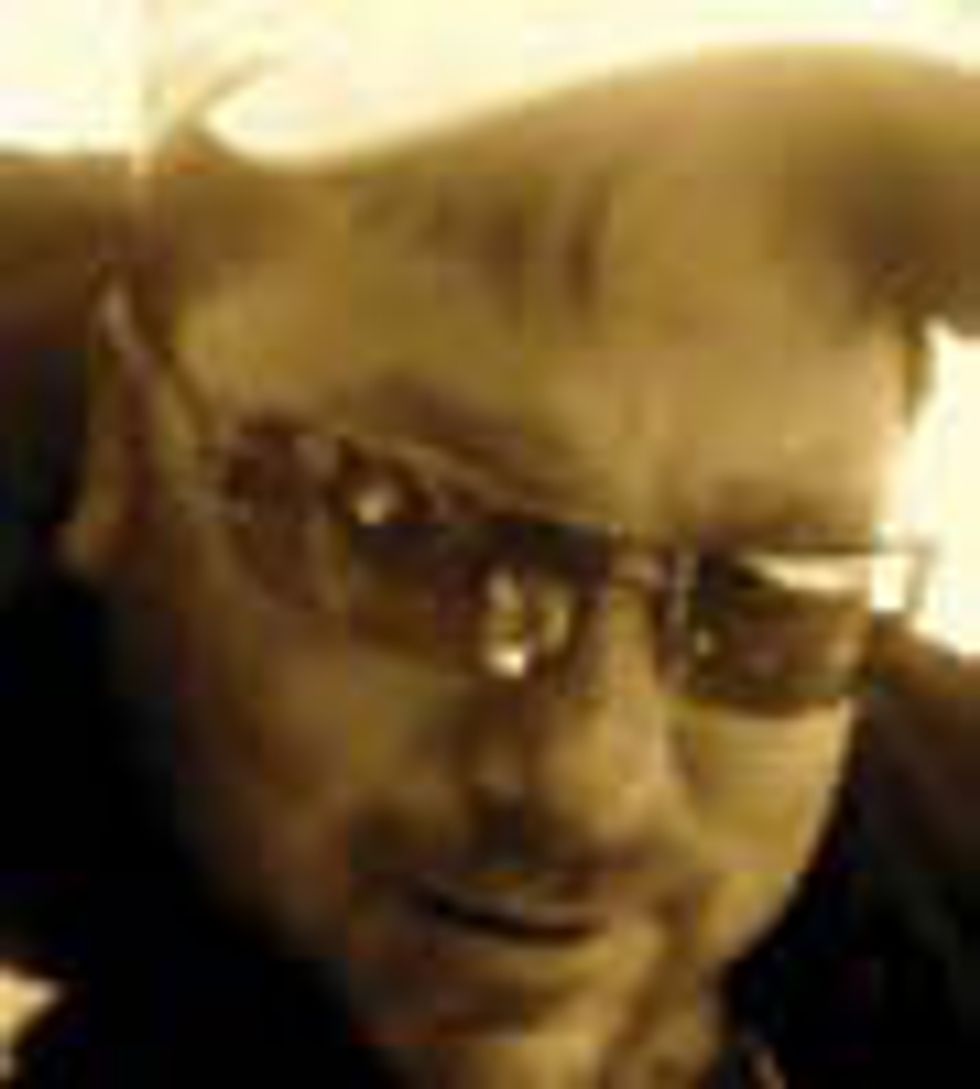 Rich Tozzoli is a
Grammy-nominated
engineer and mixer who
has worked with artists
ranging from Al Di
Meola to David Bowie.
A life-long guitarist, he’s
also the author of Pro Tools Surround
Sound Mixing and composes for the
likes of Fox NFL, Discovery Channel,
Nickelodeon, and HBO.
Rich Tozzoli is a
Grammy-nominated
engineer and mixer who
has worked with artists
ranging from Al Di
Meola to David Bowie.
A life-long guitarist, he’s
also the author of Pro Tools Surround
Sound Mixing and composes for the
likes of Fox NFL, Discovery Channel,
Nickelodeon, and HBO.


